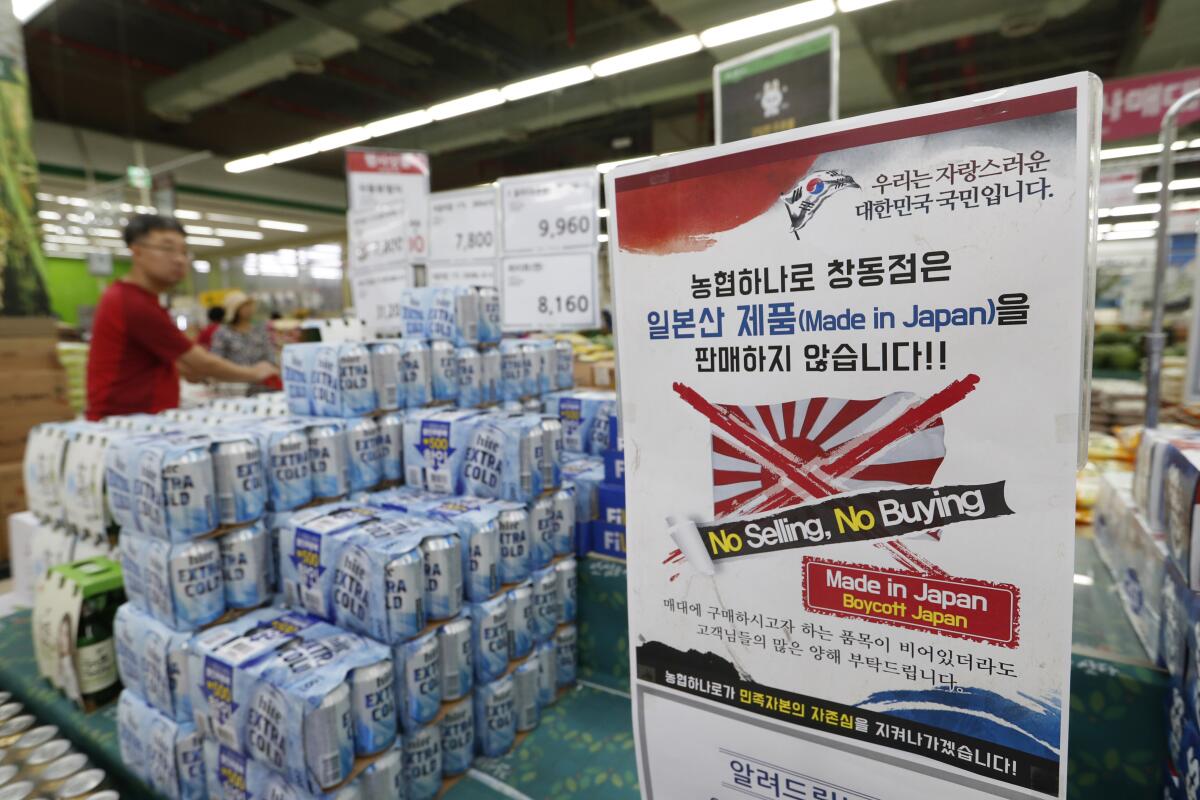
The friction between the two nations has escalated as Japan contemplates tightening controls on high-tech semiconductor shipments, a critical component in the global electronics supply chain. This move is part of a broader strategy by Japan, along with its allies, to limit China's access to advanced technologies, citing national security concerns. The semiconductor industry, vital for numerous applications including telecommunications, defense, and consumer electronics, is at the heart of this geopolitical conflict.
China's Ministry of Commerce has issued a formal statement expressing its grave concern over Japan's potential policy shift. The ministry argued that such measures could disrupt global supply chains and harm the international trade environment. It further warned that China is prepared to take "necessary countermeasures" if Japan proceeds with the new restrictions. This warning underscores China's broader strategy to protect its burgeoning tech sector and assert its position in the global market.
The semiconductor industry is of immense strategic importance to China, which has been investing heavily in developing its domestic capabilities. China’s government has launched various initiatives aimed at reducing dependence on foreign technology and achieving self-sufficiency in critical tech areas. The potential Japanese curbs could hinder these ambitions and disrupt China's supply of essential semiconductor materials and technologies.
Japan’s move to tighten semiconductor export controls follows similar actions by other Western nations. The United States and the European Union have implemented their own restrictions and export controls on high-tech components destined for China, citing concerns over national security and the potential military applications of advanced technologies. Japan's actions are viewed as part of a coordinated effort with these allies to limit China's technological advancement and strategic capabilities.
The global semiconductor market is highly interconnected, with numerous countries involved in the production, design, and distribution of these critical components. Any significant disruption in this market can have ripple effects across various industries worldwide. Japan's potential restrictions could impact not only Chinese companies but also other global firms that rely on Japanese technology and materials.
China’s response reflects its growing assertiveness in defending its economic and technological interests. The country has previously demonstrated its willingness to use trade measures as leverage in geopolitical disputes, often resulting in significant economic and diplomatic consequences. The warning to Japan is a clear indication of China's readiness to engage in retaliatory actions if its interests are threatened.
As the situation develops, industry experts and analysts are closely monitoring the potential impacts on global supply chains and market dynamics. The semiconductor industry’s role as a key driver of technological innovation and economic growth means that any disruptions could have far-reaching implications.
The interplay between Japan's policy decisions and China's responses highlights the complexities of international trade and technology politics. Both countries' actions will likely continue to shape the global semiconductor landscape and influence broader economic and geopolitical trends in the coming months.
Topics
World
